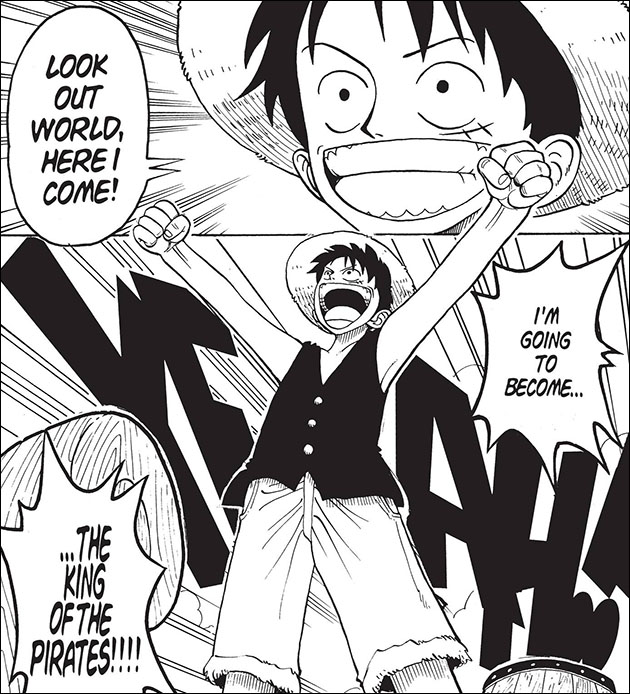Do You Accept The Challenge?
Over the last few years I’ve dedicated a lot of time researching what The Great American Novel is and how it’s been achieved. I’ve learned that there are certain requisites we expect from it:
- It must encompass the entire nation and not be too consumed with a particular region.
- It must be democratic in spirit, and form.
- Its author must have been born in the United States, or have adopted the country as his or her own.
- Its true cultural worth must not be recognized upon its publication.
There are other aspects we typically look for including notability, ubiquity, or morality as they relate to our culture and identity as a nation. When I first studied the idea, I was surprised by how simple it all sounded, but it’s abstract nature, how it’s endured and all the stories that are said to be contenders for the title took me aback. I was then struck with an idea, and that idea is what has brought me to you.
The more I studied and thought about The Great American Novel, the more prevalent one observation remained. There’s a catch, it’s a paradox. No matter which way I approached it, no matter what books were given the title, the idea of The Great American Novel still seemed absurd to me. I don’t believe it’s an idea that can be concretely achieved, but I believe it’s possible for the dream itself to be personified.
My understanding and belief led me to more questions. If the idea itself is paradoxical in nature, and has somewhat become a meta-narrative in and of itself, why not approach it differently? Why not approach the paradox with meta-cognitive thought? Now, that’s exactly what I plan to do.
To solve the paradoxical contradiction with metacognitive thought, my story literally has to involve you. I have to challenge our very metacognition about The Great American Novel. I have to challenge each, and every single one of you for it.
When I envision the idea of The Great American Novel, I understand it as an epic metafictional narrative in which the novelist who wants to achieve it, purposefully strives to achieve the very idea itself. They tell you, the reader throughout the publication of their work and you, the reader decides for yourself.
I understand how ridiculous this might sound, and how much more I need to explain, but there are a few reasons why I believe challenging you for The Great American Novel will lead me to further understanding:
- The very subjective nature of what makes a novel contend for the idea is what I’m truly curious about. There is no wrong answer, what makes a story great to one can and should be different for someone else.
- Our engagement on stories worth reading and learning helps me find more narratives that may be unnoticed or given little recognition in the literary canon. That’s generally what this is all about. A new perspective.
- My vision for The Great American Novel is somewhat unconventional. I believe the transactional model of communication between writer and reader should be different-I want it to be collaborative effort. That’s why I will ask you all more questions rather than simply writing and expecting you to read.
There’s more I will explain over time, but please understand in the story I aim to tell you are not just another reader. You are how the impossible will be achieved. You are the deus ex machina. You are the hero.
So here I am America, I am D.Griffith, and I challenge you for The Great American Novel.

One Piece Chapter 1
One of my favorite stories, One Piece by Eiichiro Oda begins the story with its first volume aptly titled Romance Dawn. The story’s protagonist, Monkey D. Luffy embarks on his journey to find the One Piece.
Because of Oda’s awesome and innovative storytelling, I’ve enjoyed and learned a lot from the story of One Piece. From its artwork, plot, themes, characters and their development, this story has greatly influenced my understanding of how to tell a story. All sorts of story elements from pacing and timing, to world-building and stakes, even direct and indirect storytelling are all masterfully conveyed by Eiichiro Oda.
Have you ever read or watched One Piece before?
